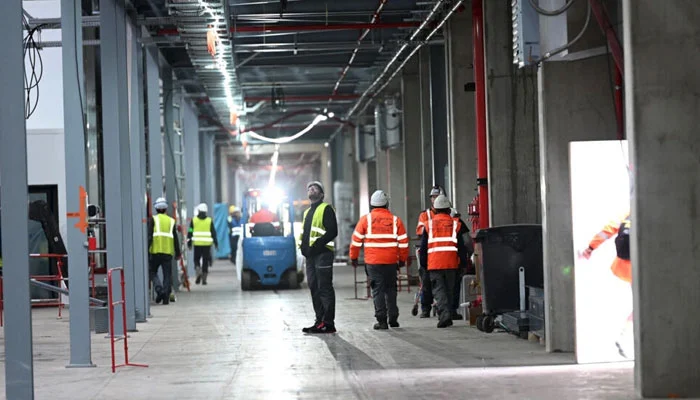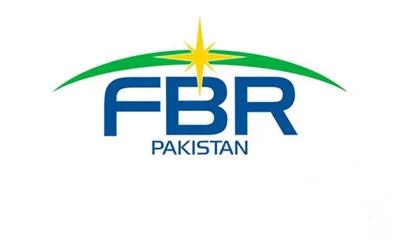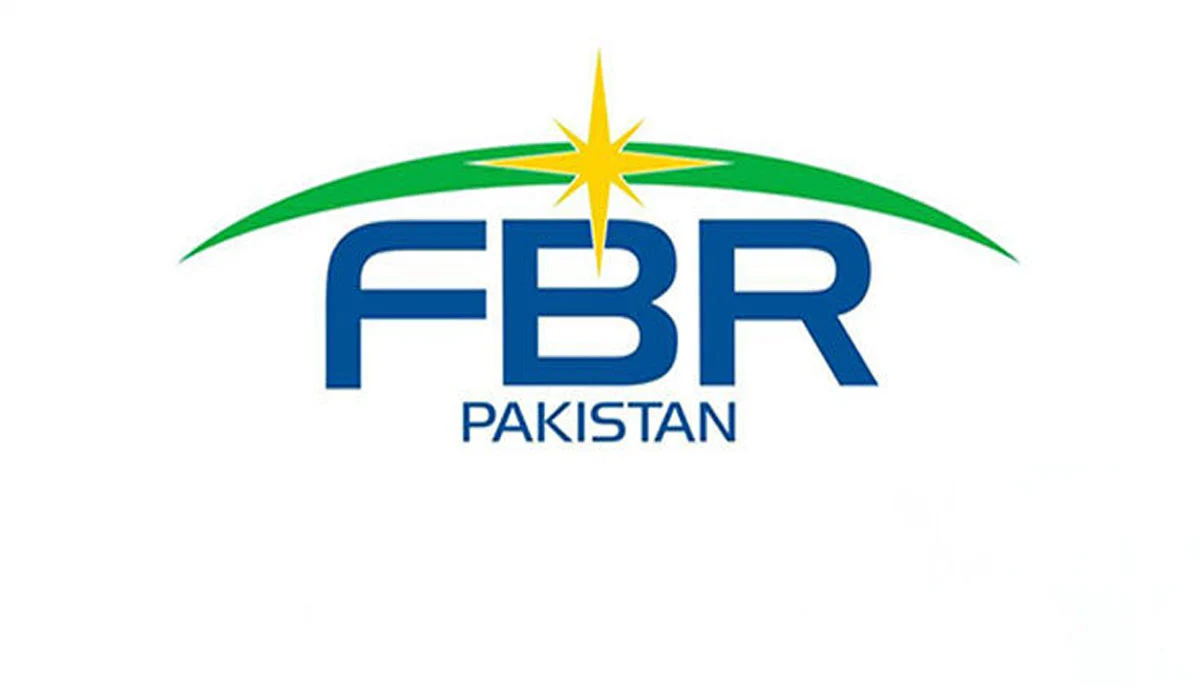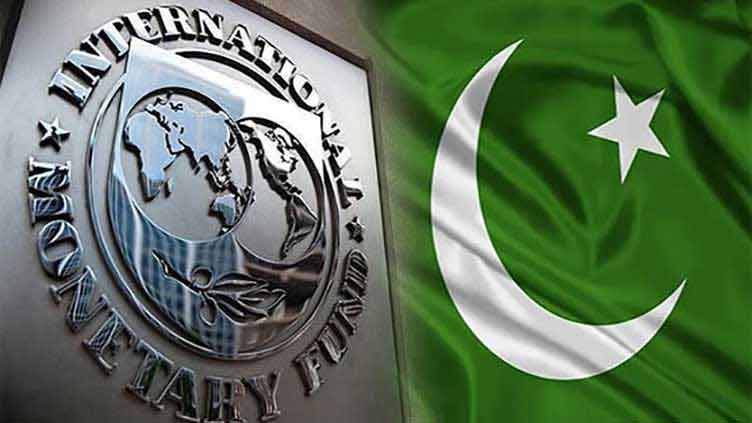Under a plan of reindustrialisation by President Emmanuel Macron, France is to inaugurate a factory for manufacturing batteries for electric cars Tuesday in Billy-Berclau — the first of its kind — challenging the Chinese dominance in the industry, according to an AFP report.
Battery industry buildup is a component of the plan by Macron with a clutch of factories set to emerge in the north of the country over the next three years.
The “gigafactory” is owned by Automotive Cells Company, a partnership between French energy giant TotalEnergies, Germany’s Mercedes-Benz and US-European automaker Stellantis, which produces a range of brands including Peugeot, Fiat and Chrysler.
The inauguration will be attended by French Economy Minister Bruno Le Maire and the country’s energy transition and industry ministers along with German and Italian officials.
The heads of Mercedes, Stellantis and TotalEnergies will also be at the event.
The factory is as large as football pitches in which production will commence this summer.
Elected officials and business leaders intend to turn the Hauts-de-France region into “Battery Valley” — the electric car industry’s answer to Silicon Valley.
AESC-Envision — a Sino-Japanese group — is building a plant near the city of Douai which will supply French automaker Renault from early 2025.
French startup Verkor is scheduled to begin production at a facility in Dunkirk from mid-2025 while Taiwan’s ProLogium has also chosen the coastal city for its first European factory, with output to start in 2026.
Competition between US and China
As European Union (EU) has marked a deadline of 2035 to phase out fossil fuel-run cars, the countries are racing to step up the production of batteries and electric vehicles to meet the target of electric vehicles within the deadline.
In recent years, around 50 battery factory projects have been announced in the EU and the French government has set a target of producing two million electric vehicles per year by 2030, as per the economy ministry.
The ministry said that “the ACC plant will supply 500,000 vehicles per year by then.”
China is the world leader in electric car battery production and also dominates the production of the raw materials needed to make them.
Europe also faces stiff competition from the United States, which is heavily subsidising the sector through the Inflation Reduction Act, which includes $370 billion in clean energy incentives.

 Latest News2 days ago
Latest News2 days ago
 Business2 days ago
Business2 days ago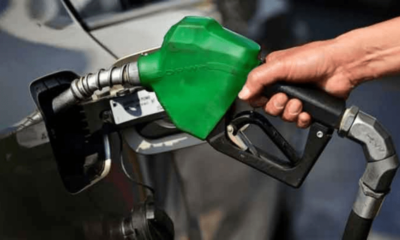
 Business2 days ago
Business2 days ago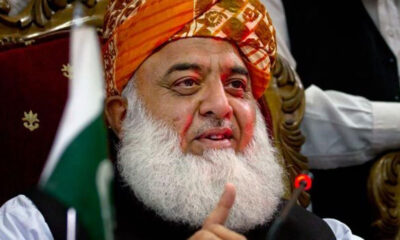
 Latest News2 days ago
Latest News2 days ago
 Latest News2 days ago
Latest News2 days ago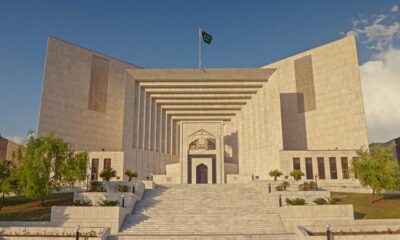
 Latest News2 days ago
Latest News2 days ago
 Latest News2 days ago
Latest News2 days ago
 Latest News2 days ago
Latest News2 days ago
